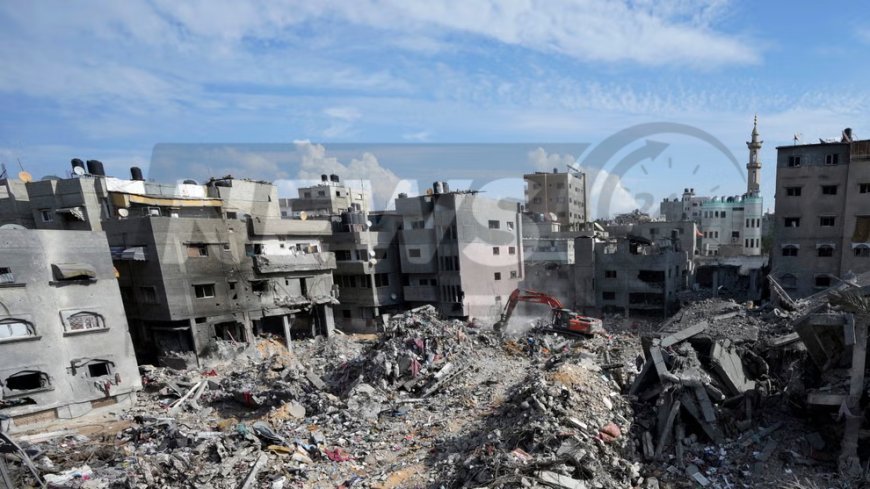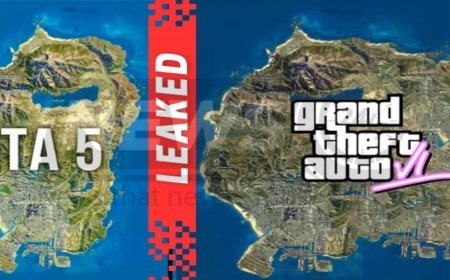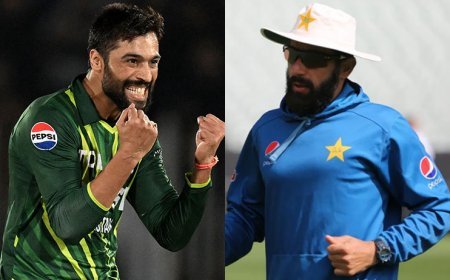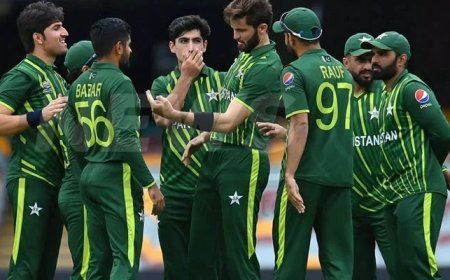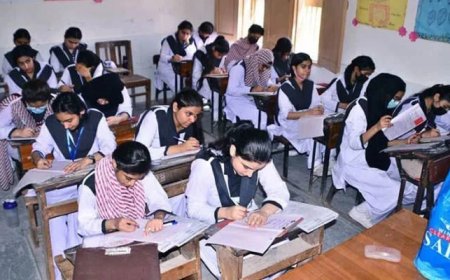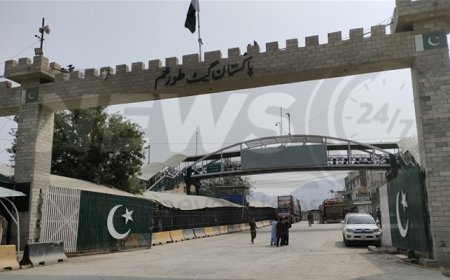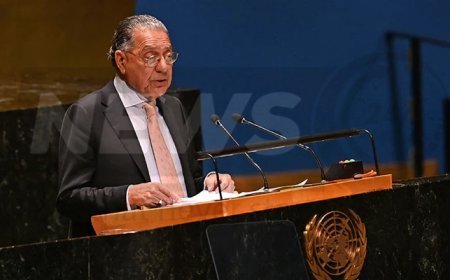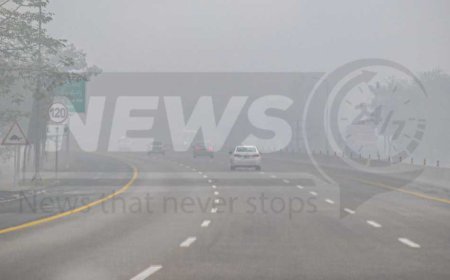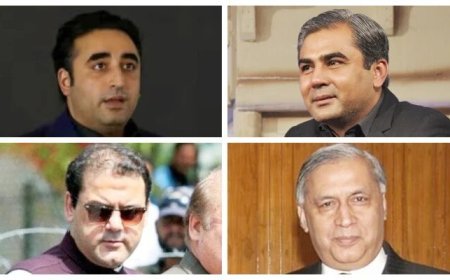Block after block in Gaza lies in ruins, emitting a sickening smell. Every day, hundreds of individuals, armed with shovels, iron bars, and their bare hands, tirelessly sift through tons of rubble. Their mission: locating the bodies of loved ones, children, parents, and neighbors - victims of Israeli missile strikes during the more than five weeks of conflict with Hamas. The devastation has transformed some streets into makeshift graveyards, with officials citing a lack of equipment, manpower, and fuel to conduct comprehensive searches for survivors or the deceased. Amid the crowded neighborhoods where Hamas has its bases, everyday Palestinians often bear the brunt of the attacks, and many remain undiscovered.
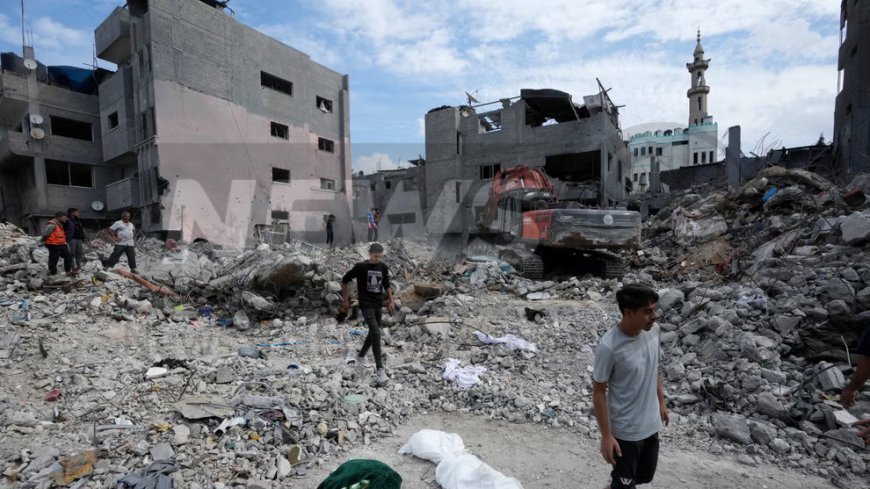
Omar al-Darawi and his neighbors, for instance, spend weeks searching the wreckage of two four-story houses, hoping to find the five missing family members among the 32 killed. The situation is dire, and the unbearable smell compels them to persevere. The Health Ministry in Hamas-run Gaza reports over 11,200 deaths, with around 2,700 people, including 1,500 children, missing and believed buried in the ruins, as estimated by the U.N. humanitarian affairs office.
The urgency of burying the dead aligns with Islamic tradition, where swift burials within 24 hours are preferred. However, the ongoing conflict, with Israeli ground forces engaging Hamas in northern Gaza, complicates the search. The Palestinian Civil Defense department, Gaza's primary search-and-rescue force, faces challenges with limited fuel, damaged vehicles, and casualties among its workers. Prioritizing areas where survivors may be found, the search for bodies often falls on relatives or volunteers, highlighting the desperate conditions families endure. In this tragic setting, Gaza has become a place where families are denied even the comfort of a funeral.
